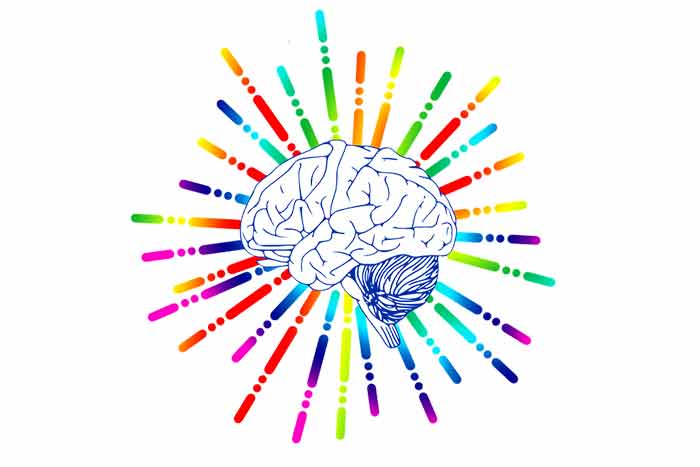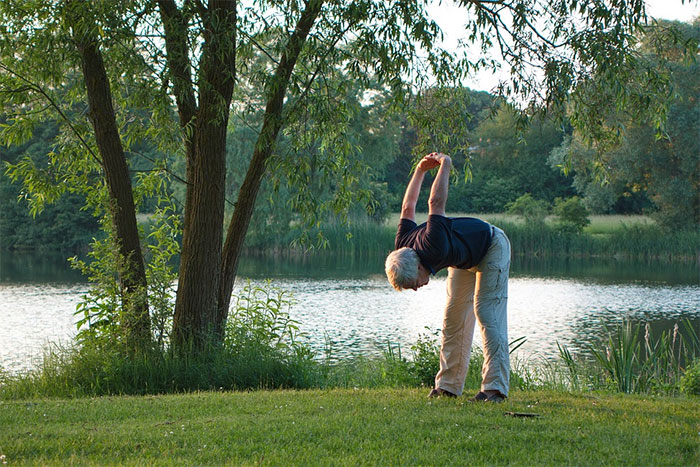Technology and medicine go together hand-in-hand. So, what does the future hold for these two partners?
As life expectancy goes up and we find new and effective treatments for traditional killers such as cancer and HIV, the number of people who end up suffering with some sort of brain disease or disorder is going to increase.
Already more than one million US adults are diagnosed with a chronic brain disease or disorder, whether than be Alzheimer’s, Parkinson’s or dementia. There is very little we can currently do about all three.
How can technology help? It can’t currently cure any of these brain diseases, but it can go someway to helping make the lives of sufferer’s a little more bearable. Here are five ways that technology can help to manage brain conditions.

Table of Contents
Computer games that can boost memory
One of the most basic ways that technology can help those with brain conditions is by improving sufferer’s memories. Games and apps such as those reported on here by the Council Chronicle can slow down cognitive decline by training and keeping the minds of those in the early stages of dementia healthy.
Wearable cameras that can capture memories
Diseases such as Alzheimer’s are so devastating due to the effect they have on the sufferer’s memory. Wearable cameras and augmented reality glasses can snap hundreds of pictures a day as seen directly through the eyes of a person, helping preserve memories that otherwise might have been lost for those with the disease. The technology has come a long way since Google Glass was originally launched, with a set of smart glasses that work with Amazon Alexa set to come on the market later in 2018.
Tablets that can help with speech
Technology allowed one of the greatest scientific minds the world has ever seen in Stephen Hawking teach us about the universe, and the improved quality of tablets means that it is now possible for those suffering with speech problems as a result of brain injury to communicate much more effectively. As many as 13,000 words are now just a few touches of a screen away and as the sound quality of such devices improves, so the voice becomes more natural sounding.
Smart shoes that can help get a person home
An old relative or friend with dementia getting lost while they are out is a nightmare scenario for many of us. It could become a thing of the past thanks to the invention of the smart shoe. A smart shoe has two main selling points – it can work like a satellite navigation system to guide a lost or confused person back home and if they still can’t find their way, then concerned family or the police will be able to find their location using the GPS technology contained within.
Cutlery that can reduce shaking
Using specially adapted electrical cutlery can reduce the shake of a Parkinson’s sufferer, allowing them to eat meals more easily. It works by identifying how much of a natural shake a person has and then adapting to that by reducing how much the utensil in a hand shakes by up to 70%, allowing a sufferer to concentrate on enjoying their meal rather than spilling their food.











Leave a Reply